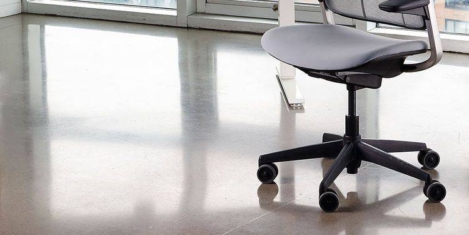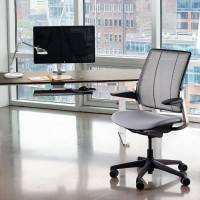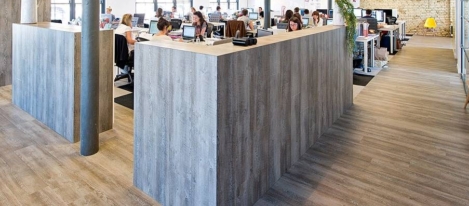July 29, 2015
Public sector lagging behind in use of technology and flexible working
As we reported last week, the UK public sector is embracing some interesting new ideas in the way it uses real estate, especially its commitment to get rid of some of it by adopting flexible working and shared space. However, it’s one thing looking to use space in more flexible ways but without the technological infrastructure, it’s hard to see how they will be able to achieve as much as they could. It is in this regard that they are lagging behind their contemporaries in the private sector, according to a new report from O2 and YouGov. While the report, Redefining selling, serving and working, offers up the usual appeals for us all to make more use of the sorts of things O2 wants us to buy, there is plenty of interesting detail to tease out once the pinch of salt has been applied, not least how business practices and the way people use technology vary across sectors.

































August 17, 2015
What Edward T Hall (and Jerry Seinfeld) can teach us about stress and design
by Mark Eltringham • Comment, Facilities management, Workplace, Workplace design
Work-related stress is the biggest cause of working days lost in the UK. According to the HSE’s most recent statistics, around 11.3 million days were lost to it in 2013/14, the most significant cause of absenteeism. The reasons for this are clear in the minds of many: the demands made on us by employers are increasingly intolerable, our own time is being eroded by work, we spend too much time at work, we’re under excessive pressure to perform and as a result we’re all either knackered, unfulfilled, stressed, depressed or anxious. Or guzzling a noxious cocktail of all of them. But there is another factor that has come into play over the last few years. As workstation sizes have contracted in response to new technologies and new space planning models, people have been forced closer to their colleagues, meaning that not only has their time been eroded, so has their space.
(more…)